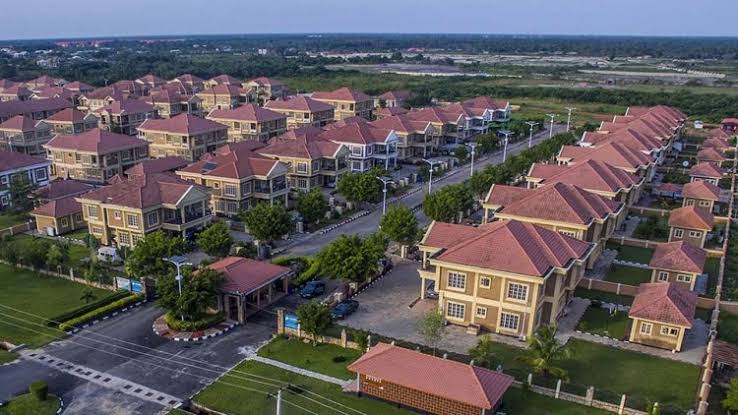In recent years, Nigeria has witnessed a quiet revolution shaping its urban future, the rise of estate management as a major force in property development, investment, and city planning.
From Lagos to Abuja, Port Harcourt to Ibadan, private estates are rapidly redefining how Nigerians live, invest, and manage real estate assets. But beyond the glossy gates and uniformed security lies a growing multi-billion naira industry that blends law, finance, architecture, and community development, an industry now capturing the attention of both local and foreign investors.
A Profession on the Rise
Estate management, often misunderstood as mere property caretaking, has evolved into a specialized field covering valuation, property acquisition, rent control, investment advisory, facility management, and legal compliance. According to industry experts, more young Nigerians are pursuing careers in estate management due to its income potential and entrepreneurial freedom.
Mr. Felix Adebayo, an estate surveyor in Abuja, told Standard News NG that, “Estate management is no longer just about collecting rent. We help investors make decisions, manage risks, and preserve the long-term value of properties. It’s a full-service business now.”
Booming Demand in Urban Areas
The demand for managed estates is exploding, thanks to Nigeria’s rising population, insecurity, and the desire for organized, secure, and accessible residential environments. Gated communities offer more than just security; they provide reliable power, drainage, waste disposal, and even recreational facilities, services that government housing often fails to deliver.
In Lekki, over 120 private estates have been registered in just the last decade, according to data from the Lagos State Real Estate Regulatory Authority (LASRERA). These estates are managed by private firms, many of whom are registered under the Nigerian Institution of Estate Surveyors and Valuers (NIESV).
Challenges Behind the Gates
Yet, the industry isn’t without challenges. Disputes over service charges, lack of regulatory enforcement, building code violations, and rising costs of building materials are creating friction between estate managers and residents.
Mrs. Jumoke Alao, a resident of an estate in Ibadan, complains: “We pay monthly maintenance, yet we still contribute for road repairs and water pumping. The transparency in how funds are used is a big issue.”
Many estate managers also face challenges in getting title documents, navigating bureaucracy, and combating the invasion of land grabbers (popularly called omo onile in Lagos).
Opportunities for the Future
Despite its problems, the estate management industry remains one of the most promising sectors in Nigeria’s real estate ecosystem. With proper regulation, tech innovation (like smart home systems), and increased investor education, the sector could contribute significantly to housing the nation’s growing population.
NIESV and government bodies are now pushing for licensing, digital property databases, and dispute resolution frameworks to improve standards in estate management.
As cities expand and the need for planned development grows, the estate manager’s role will only become more crucial. Whether it’s helping first-time homeowners secure a mortgage or managing commercial complexes, the estate manager stands as the silent force shaping modern Nigerian living.
As Nigeria searches for sustainable urban solutions, estate management is no longer an option, it’s a necessity. The path forward will require trust, transparency, and technology, but the rewards could be transformational for both citizens and the economy.



